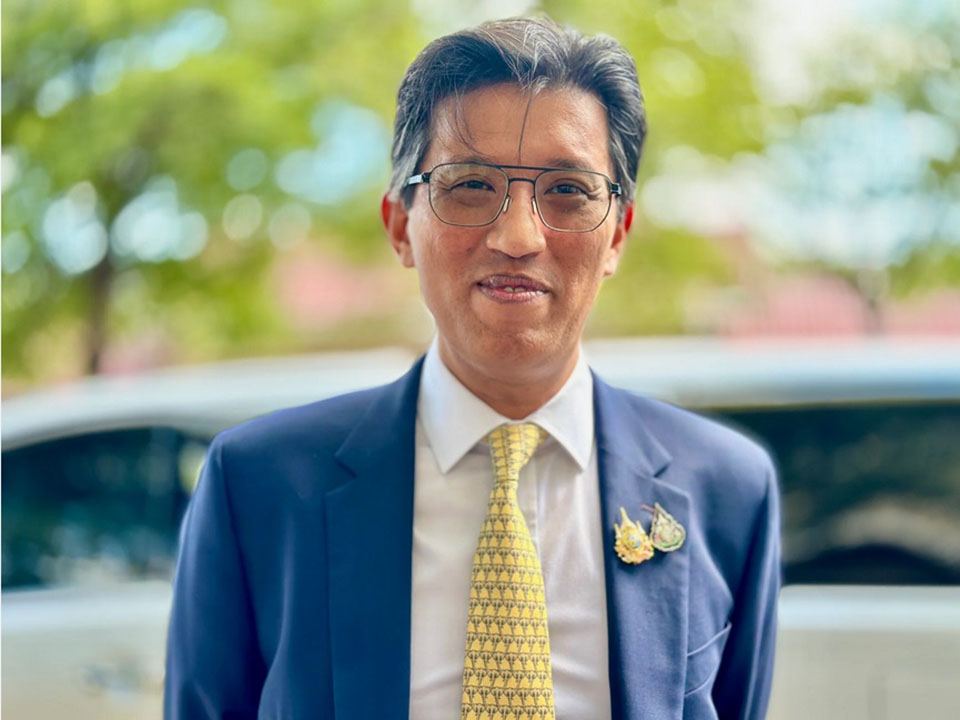
BANGKOK, Thailand – The Stock Exchange of Thailand (SET) is ready to provide information to authorities investigating the alleged fraud involving Dr. Boon Vanasin, the former chairman and founder of Thonburi Healthcare Group (THG). The SET manager, Mr. Asadej Kongsiri, on November 26, assured that the organization is prepared to assist if officially approached, emphasizing the importance of addressing the issue due to its significant impact on the victims.
In a recent interview, Mr. Asadej explained that the allegations revolve around the issuance of unlisted shares, which were used to solicit investments. He clarified that these activities were conducted under Dr. Boon’s personal capacity and, based on current information, have no connection to THG’s listed operations.
“I’ve been closely monitoring this case. While the Securities and Exchange Commission (SEC) is primarily responsible for the investigation, the SET is ready to offer support as needed,” he said. “Although no official request for information has been made yet, we stand prepared to contribute to resolving the matter.”
Mr. Asadej also commended the management of THG for their swift and transparent response to investor concerns. The company’s board has taken proactive steps to address the situation, demonstrating a commendable level of responsibility and setting a positive example for others in similar predicaments.
Reflecting on the broader implications of the case, Mr. Asadej expressed concern over the increasing number of investors falling victim to scams offering unrealistically high returns. He urged investors to exercise caution, especially when encountering offers that seem too good to be true.
“This situation highlights the importance of knowledge and critical thinking in investment decisions,” he stated. “When returns appear overly enticing, it’s essential to pause and evaluate whether the opportunity is truly legitimate.”
The SET, in collaboration with the SEC and other agencies, has intensified efforts to educate investors about potential risks and evolving fraudulent tactics. However, Mr. Asadej acknowledged the challenges posed by the rapid evolution of scams, which often outpace regulatory responses.
“We’re doing everything we can to raise awareness and respond promptly,” he noted. “But ultimately, it comes down to individual vigilance and understanding. Fraud schemes are becoming increasingly sophisticated, and we must ensure that investors are equipped to recognize and avoid them.”
In closing, Mr. Asadej emphasized the importance of skepticism in investment decisions, reminding the public that rationality and knowledge are the best defenses against falling prey to financial scams. (TNA)










